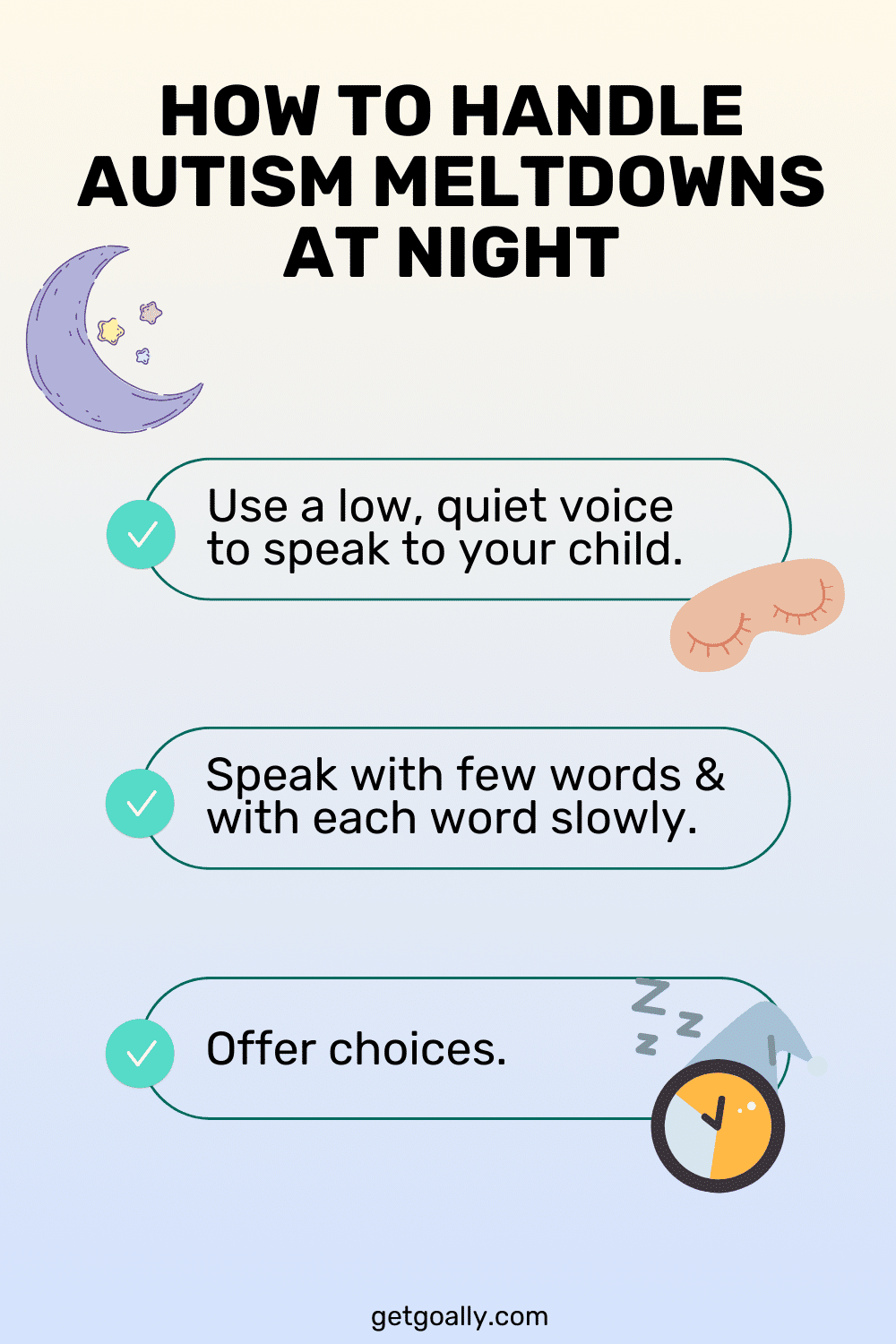Autism meltdowns often stem from various conditions and factors. These intense reactions aren’t tantrums, but responses to overwhelming situations.
- Sensory Overload: Too much sensory input can trigger meltdowns.
- Change in Routine: Unexpected alterations can cause anxiety.
- Communication Difficulties: Problems expressing needs or feelings can lead to a meltdown.
- Co-existing Conditions: Conditions like ADHD or anxiety disorders can increase meltdown occurrence.
- Sleep Deprivation: Lack of sleep can worsen the above conditions.
Recognizing these factors can help caregivers better manage autism meltdowns, potentially reducing their frequency and severity. Goally’s educational apps can help reduce autism meltdowns by promoting life skills, emotional regulation, and executive functions, thus mitigating common meltdown triggers.
This post was originally published on March 27, 2023. It was updated on July 14, 2023.











